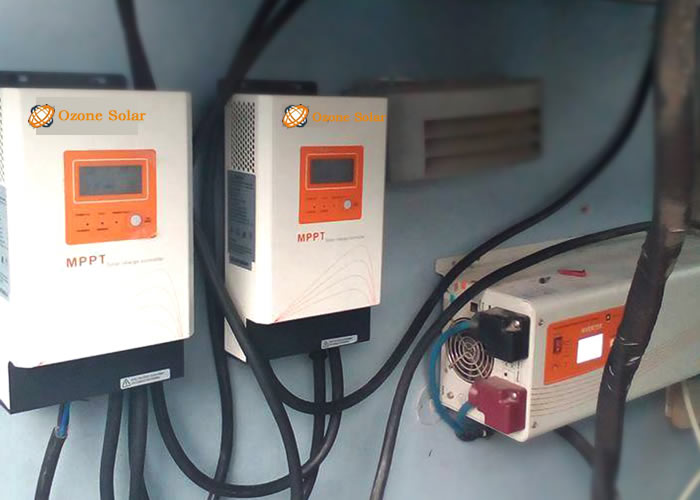Leveraging Solar Energy: A Strategic Response to Fuel Subsidy Removal in Nigeria
The recent removal of fuel subsidies in Nigeria has sparked concerns about the rising costs of energy and its impact on households and businesses. However, in the face of these challenges, there lies an opportunity for a sustainable and cost-effective alternative: solar energy. In this blog post, we’ll explore how embracing solar power can not only mitigate the effects of fuel subsidy removal but also pave the way for a cleaner and more resilient energy future in Nigeria.
1. Rising Fuel Costs and the Need for Alternatives:
The removal of fuel subsidies has led to an increase in fuel prices, affecting transportation, electricity, and overall living expenses. This makes the exploration of alternative energy sources, such as solar power, a strategic move for individuals and businesses alike.
2. The Affordability of Solar Solutions:
Contrary to common misconceptions, solar energy solutions have become increasingly affordable. There is a range of solar kits, panels, and appliances designed to suit different budgets. Initiatives by both the government and private sectors may provide financial support or incentives to make the transition to solar more accessible.
3. Independence from Fluctuating Fuel Prices:
One of the key advantages of solar energy is its independence from volatile fuel prices. Once a solar power system is installed, it generates electricity without relying on external fuel sources. This autonomy shields consumers from the uncertainties associated with fuel market fluctuations.
4. Government Support and Initiatives:
Explore government-sponsored programs that encourage the adoption of solar energy. Some governments provide subsidies, tax breaks, or low-interest loans to facilitate the installation of solar panels. Staying informed about such initiatives can significantly reduce the financial burden of transitioning to solar power.
5. Community Solar Projects:
Consider participating in or initiating community-driven solar projects. These projects can pool resources to install solar panels on community buildings, providing shared access to clean and affordable energy. Collective efforts can make a substantial impact, especially in rural areas.
6. Solar Entrepreneurship Opportunities:
The growing demand for solar solutions opens up entrepreneurial opportunities. Entrepreneurs can explore businesses related to the installation, maintenance, and sale of solar panels and accessories. This not only contributes to the adoption of solar energy but also stimulates economic growth.
7. Educational Initiatives for Sustainable Living:
Engage in or support educational initiatives that promote sustainable living practices. By raising awareness about the benefits of solar energy, communities can make informed choices and collectively work towards a more sustainable and resilient energy landscape.
Conclusion:
The removal of fuel subsidies in Nigeria presents challenges, but it also serves as a catalyst for embracing cleaner and more sustainable energy alternatives. Solar energy, with its affordability, independence from fuel price fluctuations, and numerous support initiatives, emerges as a powerful solution. By harnessing the sun’s energy, individuals and communities can not only mitigate the effects of fuel subsidy removal but also contribute to a greener and more resilient future for Nigeria. It’s time to turn towards the sun for a brighter tomorrow.

